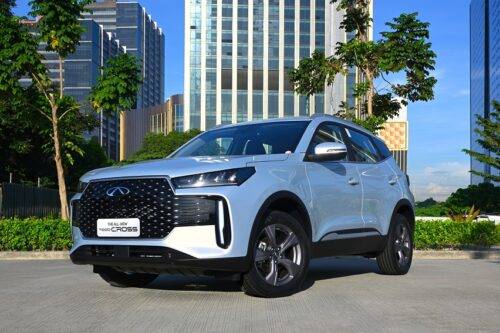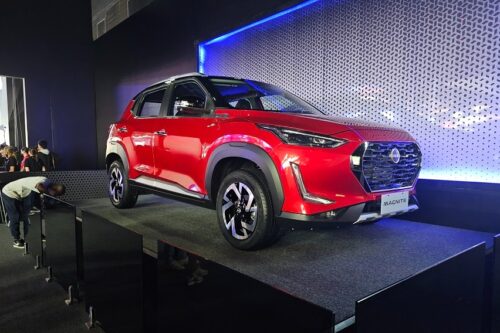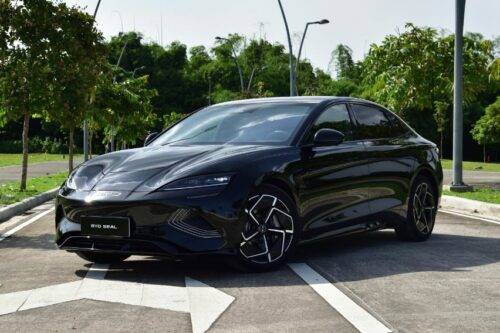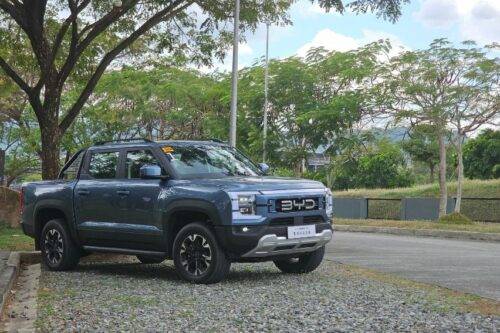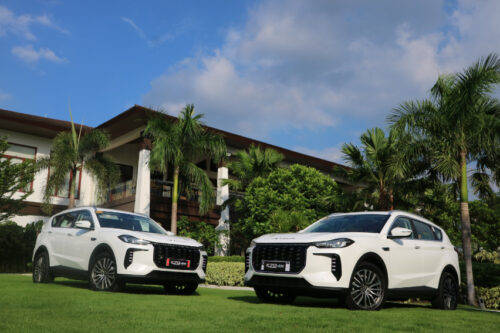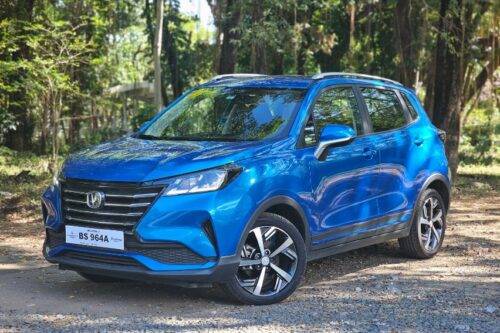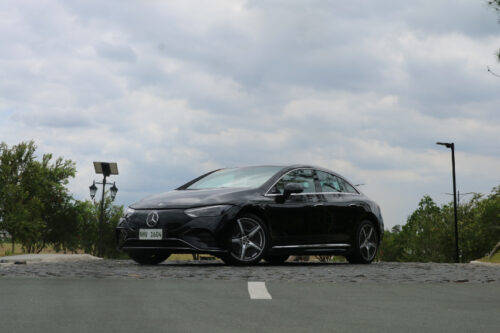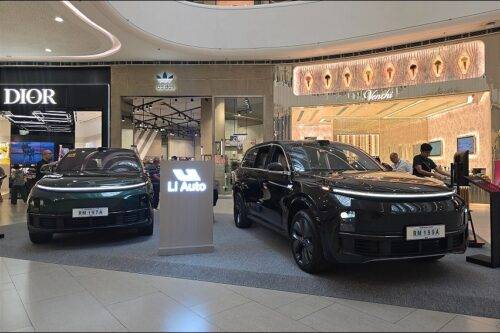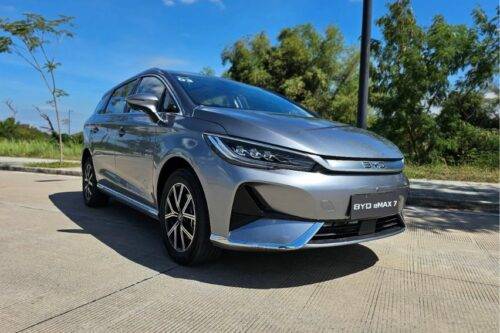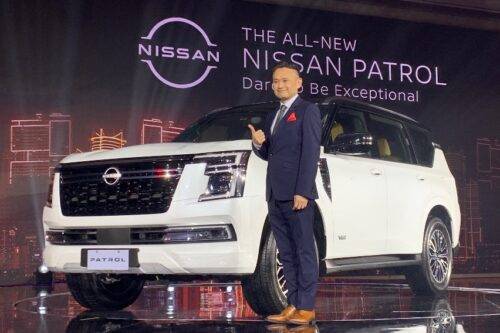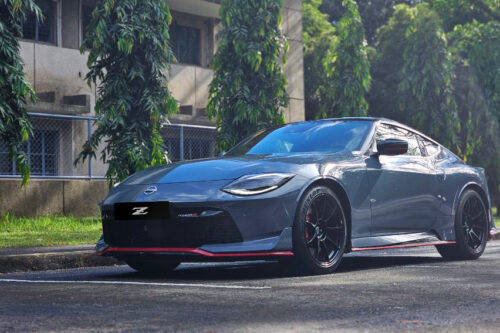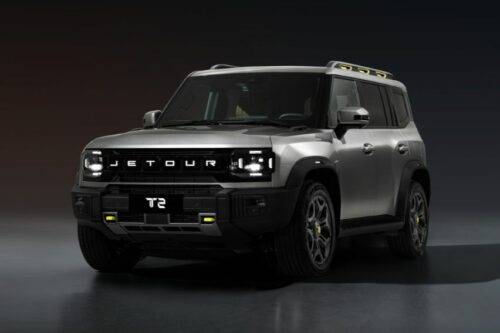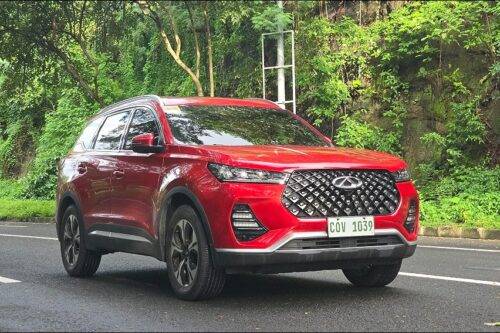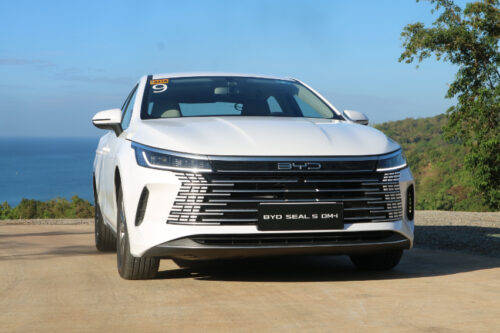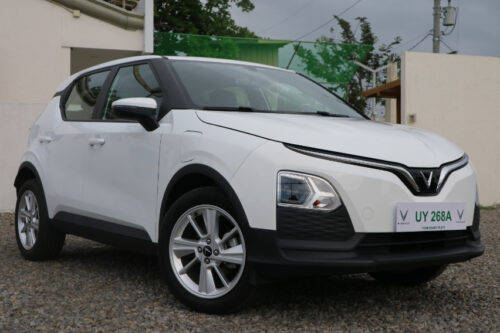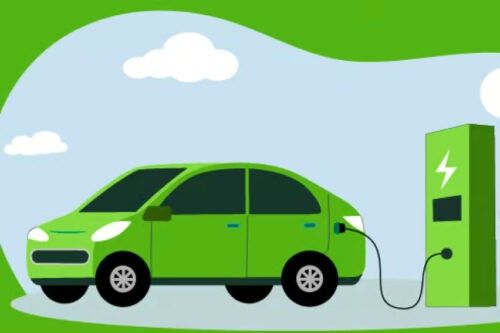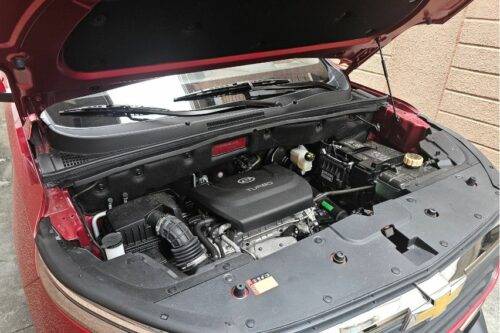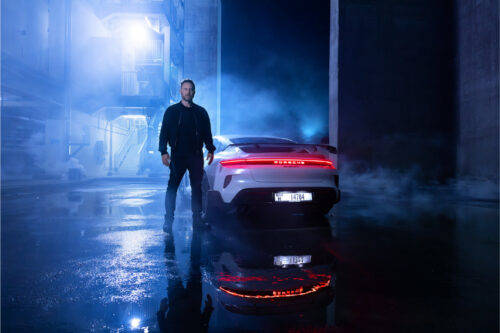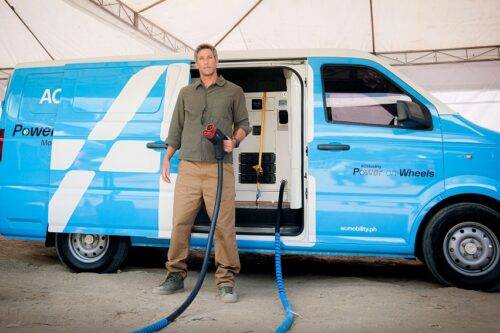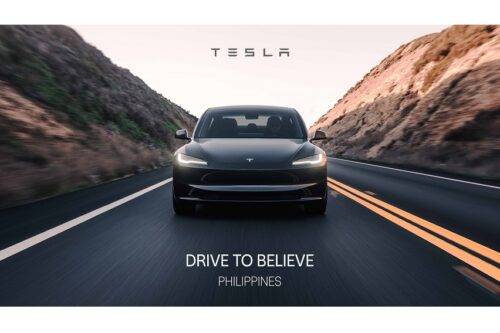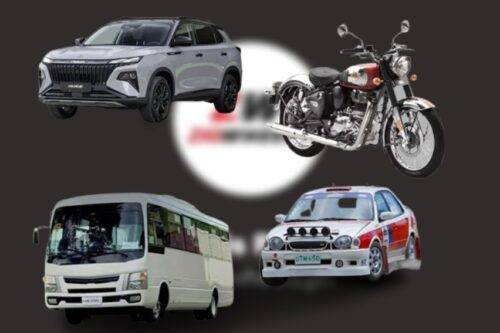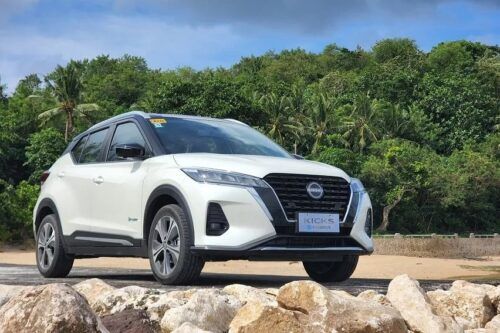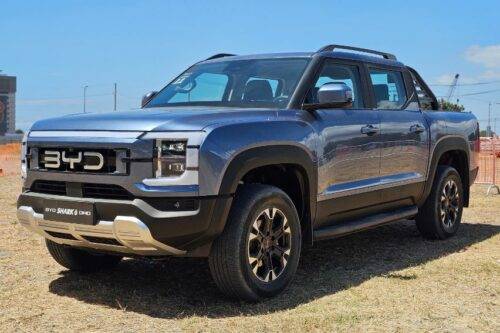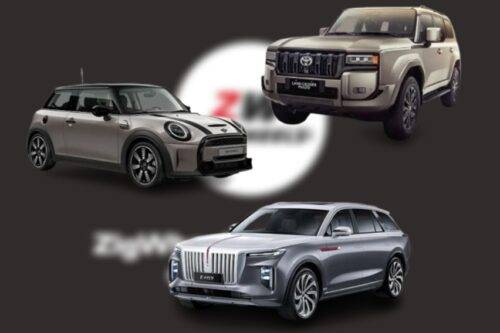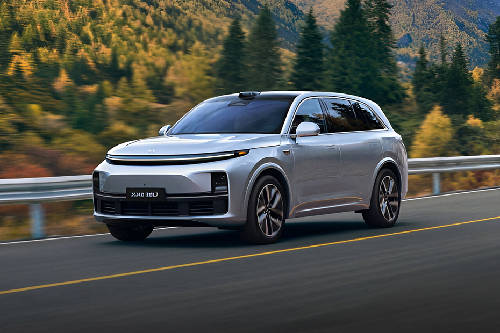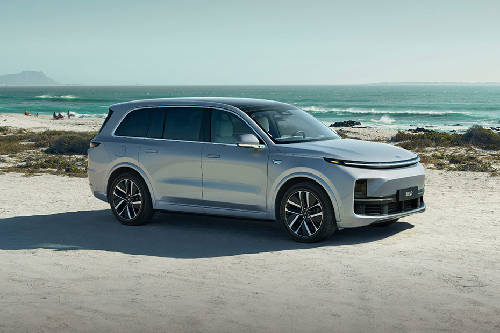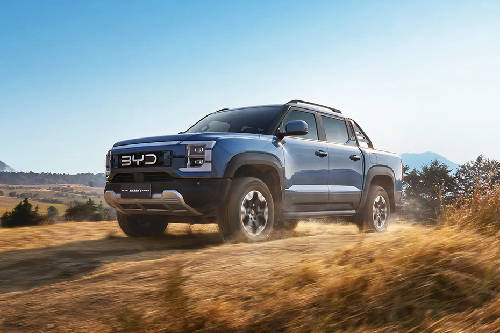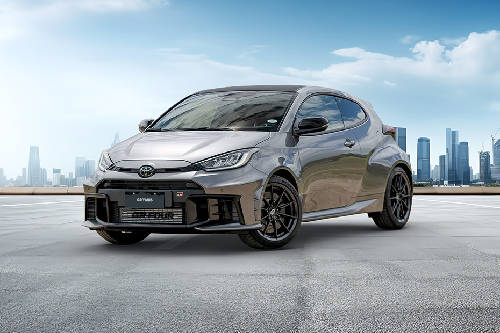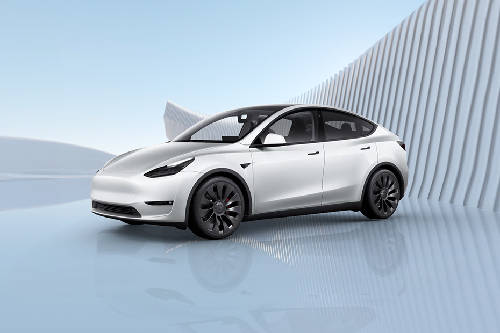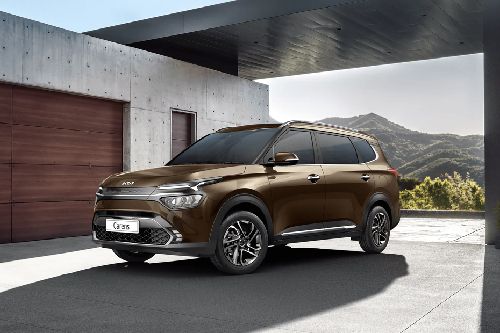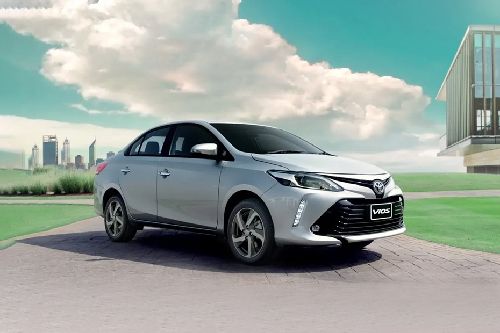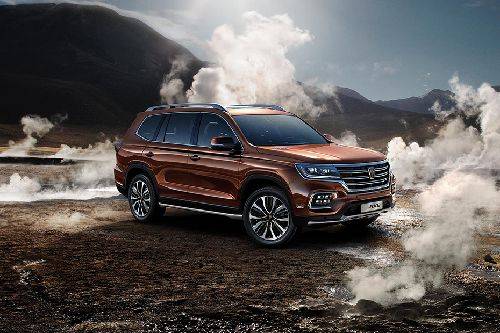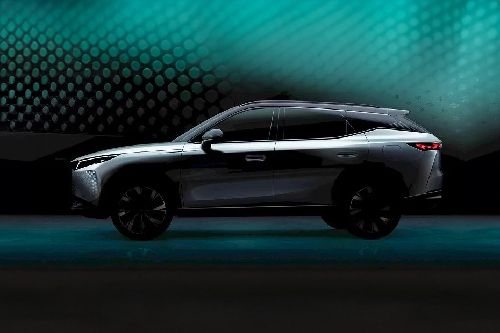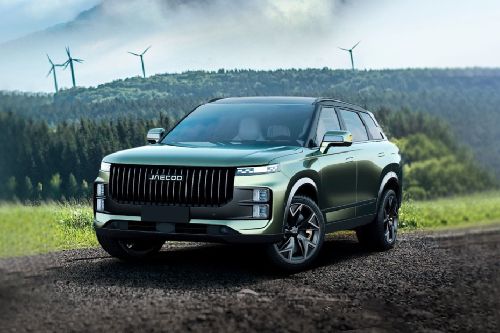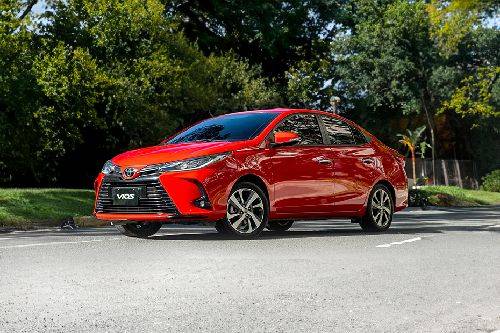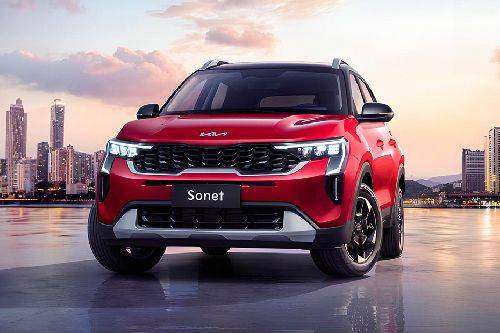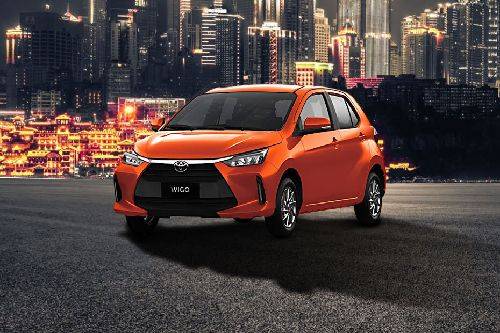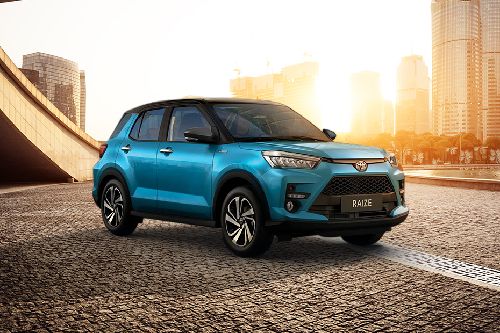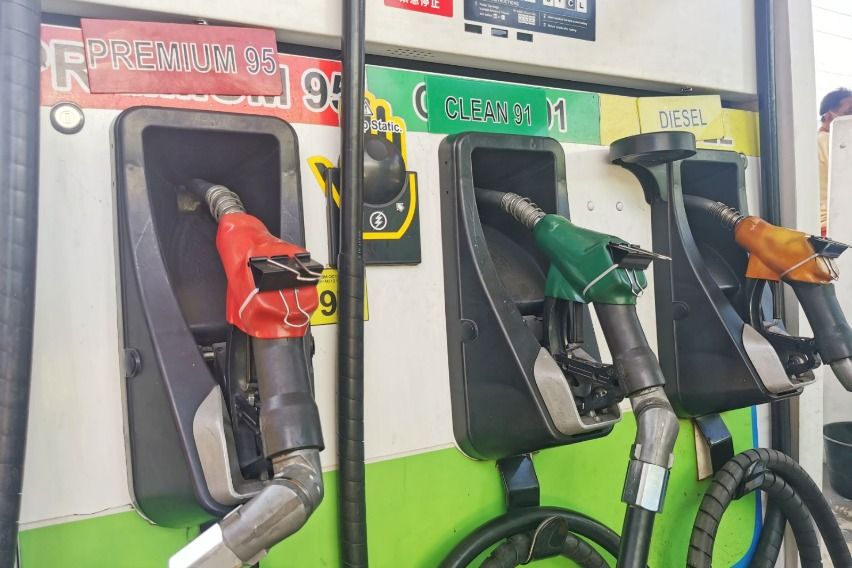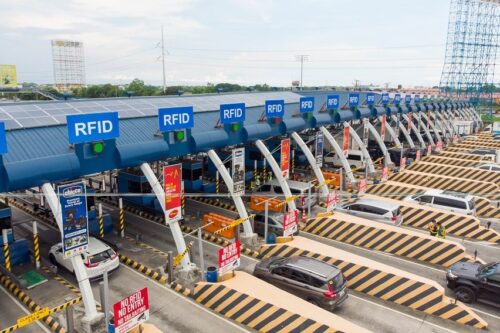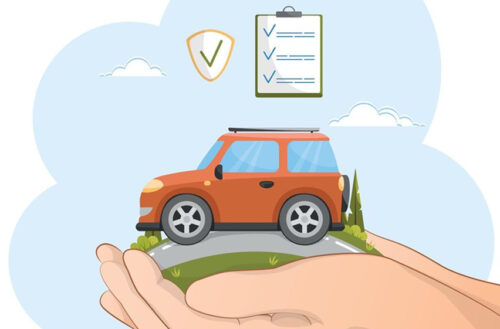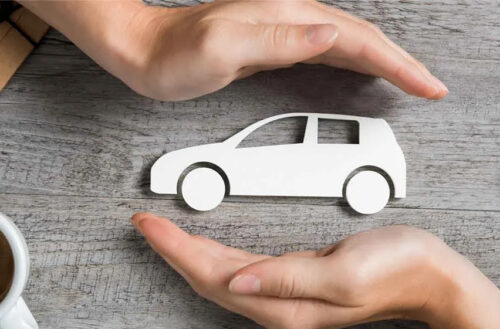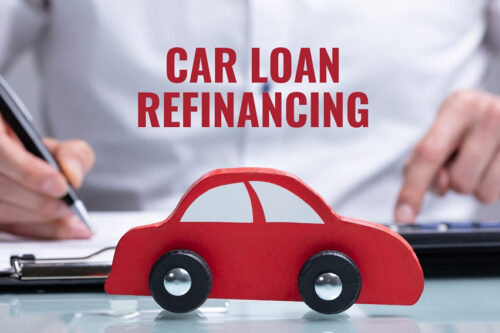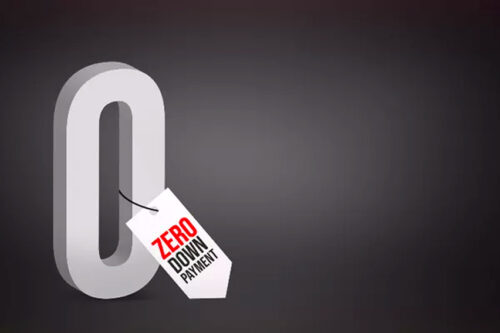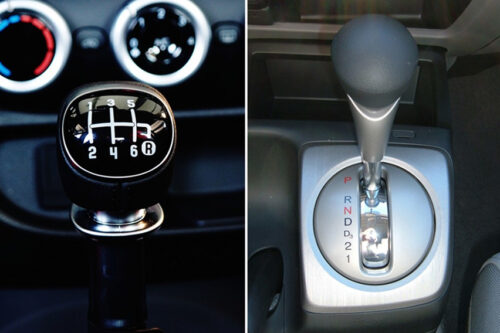5 interesting facts about electric vehicles

Sure, an interesting (and increasingly relevant) motoring topic at this time the electric vehicle (EV), which is now becoming increasingly available even in the local market.
Although we know quite a bit about them, here things that may surprise you about EVs, shared by Chinese carmaker BYD (also known for its electric vehicles).
EVs have been around for a while
Electric cars have existed for over 150 years, as people became more interested in motor vehicles during the late 1890s and early 1900s.
Based on a report from the US Department of Energy, the first successful EV in the United States was launched around 1890.
Furthermore, electric cars gained popularity in urban areas during the 1900s, specifically among upper-class women who refused to ride unpleasant-smelling and noisy, gasoline-powered vehicles.
However, by 1935, electric cars had all but gone from the road. This invention of Henry Ford scored a massive blow to the development of the electric car.
China is the biggest EV market and manufacturer globally
Based from the Arcadia Power Blog, the sales of EVs in China comprise 50% of the total sales in 2020. Europe and the United States are the second and third biggest markets, respectively.
Yet, even with reported sales, EVs still account for only 0.2% of total vehicles.
In September 2018, BYD consecutively reached its fourth all-time record of plug-in car sales.
The auto brand has attained 25,019 in sales, which is more than 4,000 above its record from August. Its growth pace also went up to 121% year-over-year.
EVs require low maintenance
Apart from tires and wiper blades, all EVs need minimal maintenance, and this allows customers to save more money during the entire lifespan of the car.
Moreover, the brake pads are long-lasting in EVs since they utilize regenerative braking to decelerate. This serves as a means of transferring the energy utilized to lessen the speed of the vehicle into power stored in its battery.
EV batteries wear out eventually
As far as its battery is concerned, EV batteries wear out and this is the reason why replacement batteries will be required in the long run.
Yet, BYD batteries have a charging capacity of 4,000 cycles, and this warrants EV batteries for about 10 years.
EVs will help you generate bigger savings
Perhaps the greatest hindrance when it comes to the efficient transition towards electric vehicle use is the cost.
Here in the Philippines, electricity costs range from P11 to P12 per kilowatt-hour. Compare this to the average cost of gasoline at P53 per liter.
So if you happen to own an electric vehicle that has a range of 300 km for a single charge and a battery capacity of 40kWh, it will cost you just P147 for your all-electric car to move at a distance of 100 km.
Yet, a gasoline car of the same size would need seven liters of gasoline and would cost about P53 per liter or P371 on a 100-km run.
See the difference?
This will add up to your savings of over P224 per 100 km or P6,720 a month in refueling costs, especially if you are driving it at 100 km a day.
You might as well anticipate that the next generation of EVs will help you save even more.
Photos from BYD
Sell your car at the best price
 Verified and genuine buyers
Verified and genuine buyers
Trending & Fresh Updates
- Latest
- Popular
You might also be interested in
- News
- Featured Stories
Featured Cars
- Latest
- Upcoming
- Popular
Car Articles From Carmudi
- journal
- advice
- financing
- insurance

